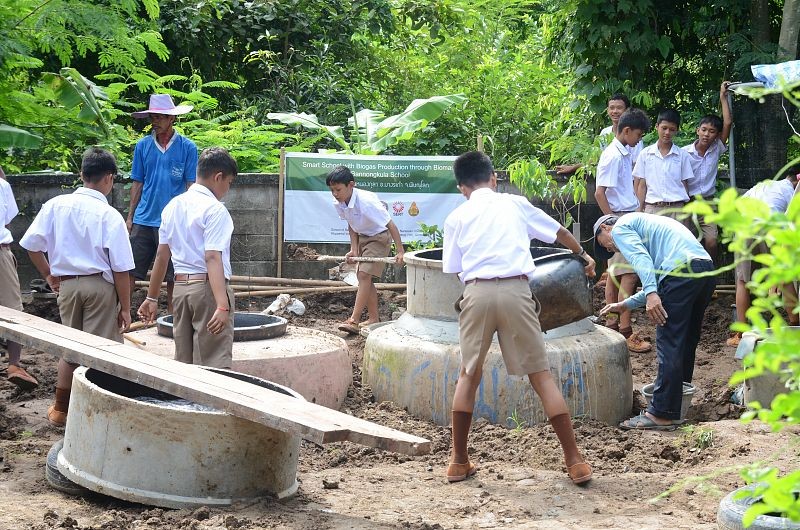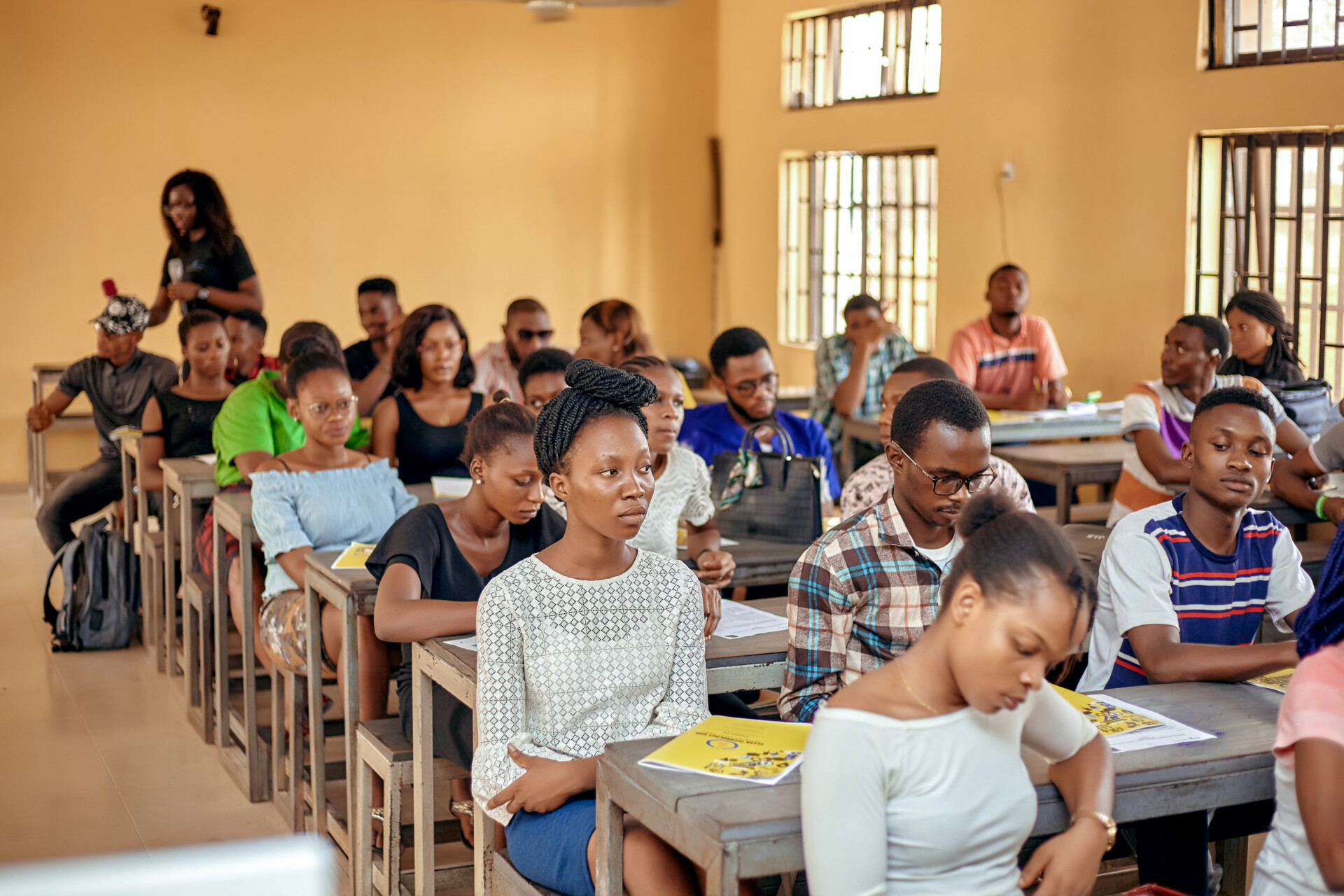Biraj Gautam and Rabin Shrestha share their lessons from the latest visits to the micro hydro power sites in Jumla and Baglung.
Biogas generation at seven "Smart Schools" in Thailand
Recent project activities include the installation and commissioning of the biogas systems at different schools, which have been selected according to their resource potential (e.g. food and agricultural waste, animal dung and water availability), the acceptance and participation of the local community, economic feasibility and other factors. The schools are:
Anubankhonglan School, Kamphaengphet
Bannamthongnoi School, Phitsanulok
Bannongkula School, Phitsanulok
Bansadao School, Phitsanulok
Bansuanmiang School, Phitsanulok
Bansumen School, Sukhothai
Watthamuenram School, Phitsanulok
Monitoring and commissioning activities relating to the new biogas systems were carried out in November 2015. It was noted that all the users possess in-depth knowledge and understanding of the systems, their operation and maintenance, as well as the use of the biogas.
The next project steps include various monitoring activities, impact analysis and the establishment of a dissemination strategy. Further general information about this SEPS project is available here: Biogas Generation through Biomass Production in a “Smart School” in the Lower Northern Region of Thailand.
A video of the initial installation and training activities with the school staff, students and villagers is available here:



